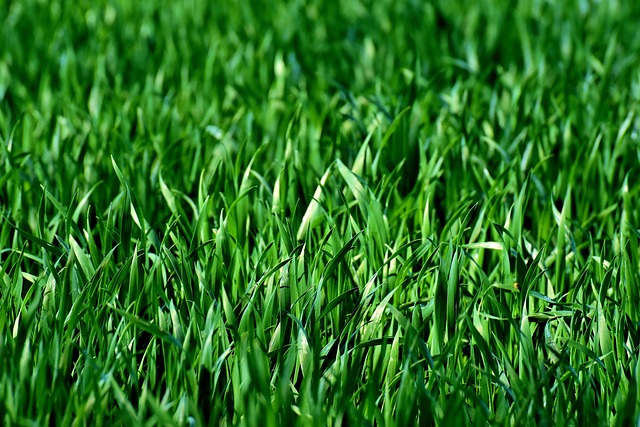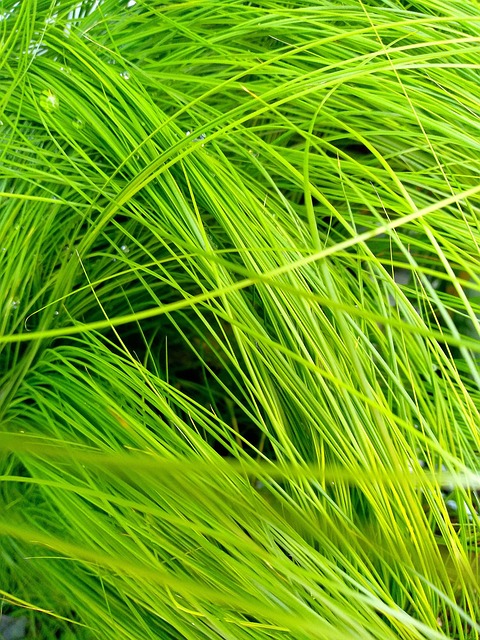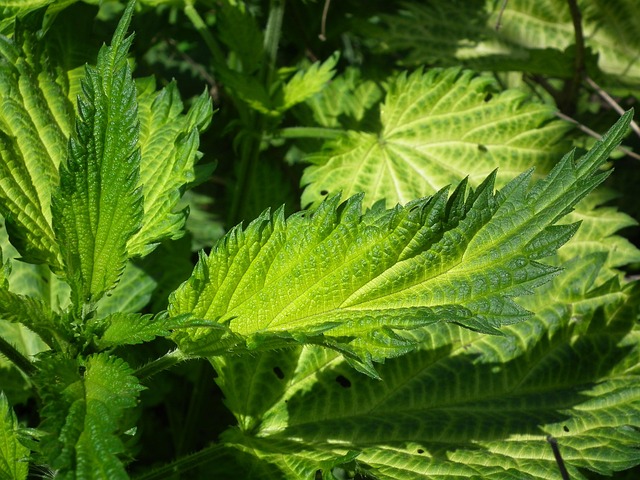Achieving a lush green lawn in Denver requires understanding local climate and sunlight challenges, conducting soil tests to identify nutrient deficiencies, and implementing targeted amendments. Smart watering practices and tailored care strategies ensure optimal lawn health under Denver's unique conditions, resulting in vibrant grass growth. Begin by sampling and analyzing your soil, interpret results, and make informed decisions about fertilization and pH adjustment for a thriving lawn.
Looking for a vibrant, lush green lawn in Denver? Understanding your soil is key. Denver’s unique climate and varying soil types can impact grass growth. That’s where lawn plant soil testing services come in—a game-changer for achieving that perfect yard. This guide explores Denver’s specific challenges, the vital role of soil testing, and provides a step-by-step process to ensure you sample and analyze accurately. Discover how to transform your lawn with these expert tips.
- Understanding Denver's Unique Lawn Challenges
- The Role of Soil Testing in Grass Growth
- Step-by-Step Guide to Sampling and Analysis
Understanding Denver's Unique Lawn Challenges

Denver, with its diverse and often challenging climate, presents unique obstacles for maintaining a lush green lawn. The city’s semi-arid environment means that water is a precious resource, making it crucial to understand soil health and watering practices. Additionally, varying sunlight exposure across different neighborhoods affects grass growth, necessitating tailored care strategies.
To achieve a vibrant lawn in Denver, it’s essential to conduct regular soil tests. These tests identify nutrient deficiencies or imbalances that might be hindering your lawn’s growth. Armed with this knowledge, homeowners can make informed decisions about fertilizers and amendments, ensuring their lawns thrive despite the city’s unique conditions. How to achieve a lush green lawn in Denver involves a combination of smart watering, targeted feeding, and adaptive care tailored to local environmental factors.
The Role of Soil Testing in Grass Growth

Achieving a lush, green lawn in Denver requires understanding and optimizing your soil’s health. Soil testing is a crucial step in this process, providing valuable insights into nutrient levels, pH balance, and organic matter content—all essential factors for robust grass growth. By analyzing these aspects, professionals can identify any deficiencies or imbalances that may hinder the development of a vibrant lawn.
Once these issues are revealed, targeted amendments can be made to transform your soil into an ideal growing medium. This might include adding nutrients like nitrogen, phosphorus, and potassium, adjusting pH levels for better nutrient absorption, or incorporating organic matter to improve drainage and fertility. As a result, you’ll witness a significant improvement in grass health, leading to a lush, verdant lawn that stands out in Denver’s scenic landscape.
Step-by-Step Guide to Sampling and Analysis

To ensure your lawn reaches its full potential, understanding how to sample and analyze soil is key. Here’s a step-by-step guide tailored for achieving that lush green lawn in Denver:
1. Identify Sampling Areas: Begin by selecting diverse areas across your lawn, including problem spots (e.g., yellowing grass) and healthy zones. This provides a comprehensive view of your lawn’s overall health.
2. Collect Soil Samples: Using a soil sampling tool or garden fork, take core samples from each area to a depth of 6-8 inches. Ensure you collect at least 10 samples throughout the lawn for accurate representation.
3. Prepare Samples for Analysis: Place the collected samples in clean containers and label them with corresponding areas’ details. Air dry the samples or refrigerate them until you’re ready to send them to a lab for testing.
4. Choose a Reputable Lab: Select a soil testing laboratory that specializes in lawn analysis. They’ll guide you through specific tests needed, such as pH balance, nutrient levels (nitrogen, phosphorus, potassium), and organic matter content.
5. Analyze Results: Once the lab provides your report, interpret the data. Compare nutrient levels to recommended ranges for grass species common in Denver. Identify areas where amendments are necessary, focusing on balanced fertilization and proper pH adjustment if needed.
Achieving a lush, green lawn in Denver doesn’t have to be a challenge. By understanding your city’s unique grass growth conditions and leveraging the power of soil testing services, you can create an optimal environment for your lawn to thrive. Following our step-by-step guide, you’ll gain valuable insights into your soil composition, allowing you to make informed decisions on amendments and fertilizers. With this knowledge, you’re well-equipped to transform your Denver lawn from ordinary to extraordinary, ensuring a vibrant, green oasis in no time.
